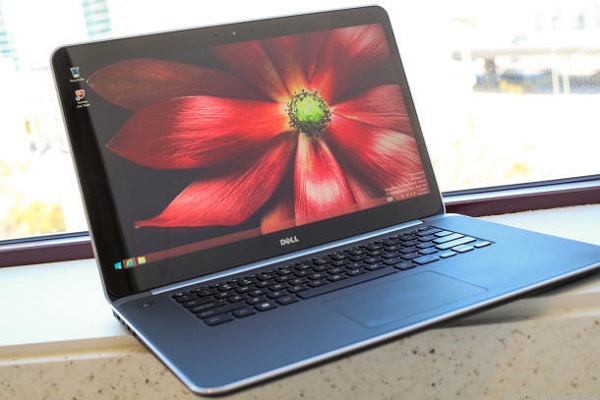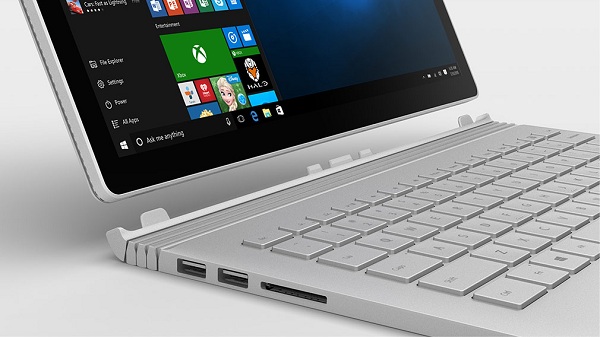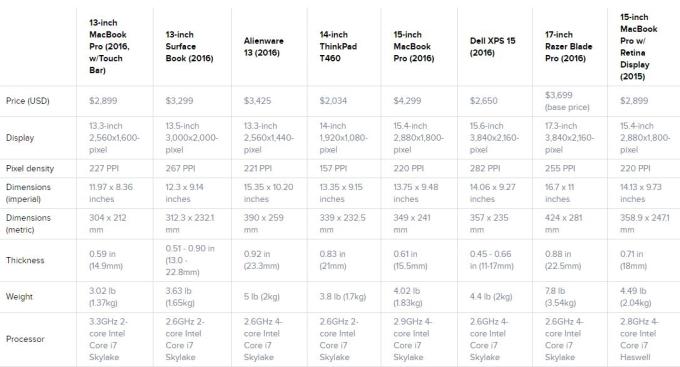This article is riposted from androidcentral website. After the catastrophe of the Galaxy Note 7, what can fans look forward to in the next Samsung flagship?
2016 started as a promising year for Samsung, with the
Galaxy S7 series earning critical acclaim and commercial success. But the contrast with where we are now couldn't be starker. Battery fires and a bungled recall process led to the cancellation of the Galaxy Note 7, making it the most calamitous smartphone launch ever, by a wide margin.
Samsung will already be looking ahead to its next flagship, the Galaxy S8, to pull it out of this quagmire and rebuild consumer trust. So what can we expect from such a crucial product? Let's take a look.
Galaxy S8 build and form factor
Samsung has been slowly refining its metal and glass design language over the past couple of years, so it's reasonably likely it'll stick with this into 2017. A glass back allows Samsung to easily build in wireless charging, and it's shown over the past year how the use of curved glass can create a phone that feels luxurious and unique.
Speaking of which, there's also the question of whether we'll see an "edge" model Galaxy S8, as we have the past two years. The latest reports from Korea suggest that, like the Note 7's subtly curved display, the GS8 might come in two models, both with Edge screens.
Sources said the company has already started securing display panels in two sizes — 5.1-inch and 5.5-inch -- from its own display-making unit Samsung Display, the world's sole producer of double-edged screens.
That might make the "edge" monicker redundant, so it's possible we might instead be looking at a Galaxy S8 and S8 Plus.
Another point of debate: Recent rumors have pointed to the possibility of an optical fingerprint sensor in the next Galaxy S flagship, allowing the GS8 to embed its bio-metric security features in the display itself. If that happens, we could be looking at the first Samsung flagship without a traditional clicky home button.
Galaxy S8 display — the first 4K Galaxy?
The next generation of flagship Samsung phones could significantly bump up the
pixel density. In recent months rumors have swirled from the Korean press that Samsung will use a 4K display in its upcoming flagships.
Samsung Display showcased a 5.5 ultra-high definition 4K display with a pixel density of 806 ppi for virtual reality devices at the Society for Information Display, a display trade show, in California in March," said an official of UBI Research.
Considering various factors including the production yield rate for the next-generation display expected to improve in the coming months, the 5.5-inch AMOLED will be deployed in the next Galaxy smartphone, presumably, named the S8."
The use of a curved display and a 4K panel would give Samsung two key differentiators for its new phones. While 4K is largely overkill for most things you'll be doing on a phone, it's a huge step forward for VR — a panel with 800+ pixels per inch would allow for much more detailed virtual reality experiences.
Of course, a 4K screen would also present some unique battery life challenges. Like Sony's Xperia Z5 Premium, Samsung might choose to run in Quad HD mode in most apps in order to save power. The phone might only crank up to 4K when viewing photos or Ultra HD movies, or when using the Gear VR.
Galaxy S8 specs
Aside from the rumored display size and resolution, there've been indications that Samsung could choose a powerful new GPU from chip designer ARM to power a possible 4K display. The ARM Mali-G71 would be a significant upgrade from the earlier generation graphics processors used in the
Galaxy S6 and S7.
According to ARM's own documentation, the chip offers "40% better performance density and 20% external memory bandwidth saving compared to Mali-T880." The Galaxy S7 and Note 7 use a variant of that GPU, the Mali-T800 MP12.
The docs for Mali-G71 provide reference specs based on a 16nm FinFET process, but Samsung is likely to use a more efficient 10nm process in its 2017 Exynos chip — which potentially means it'll be even faster than ARM's reference numbers.
The Mali-G71 is rumored to outperform the GPU used in Qualcomm's upcoming Snapdragon 830, raising questions over whether Samsung will once again use a mix of Snapdragon SoCs and Exynos processors in various regions.
Galaxy S8 cameras
Cameras are one area of smartphone hardware that has yet to plateau, and in the past year we've seen plenty of innovation in this area from Apple, Google, Huawei and of course Samsung.
Samsung focused on low light performance in its 2016 flagships, and we'd expect this trend to continue into the next generation Galaxy phones — expect brighter lenses and bigger pixels, and for Samsung to likely remain around the sweet spot of 12 megapixels for its main camera.
But there's been speculation over whether Samsung might take inspiration from the iPhone 7 Plus's unique telephoto camera. As a company that's always sought feature parity with Apple, we wouldn't be surprised if a next-gen Galaxy eventually incorporates a second lens for clearer zoomed-in shots.
Galaxy S8 AI Assistant
AI is becoming ever more important in consumer tech, as evidenced by products like Google Assistant, Apple's Siri and Amazon's Alexa. Samsung is rumored to be getting in on the AI game with its next smartphone launch, with technology from its recent acquisition, Viv.
With Viv, Samsung will be able to unlock and offer new service experiences for its customers, including one that simplifies user interfaces, understands the context of the user and offers the user the most appropriate and convenient suggestions and recommendations.
Viv was built with both consumers and developers in mind. This dual focus is also what attracted us to Viv as an ideal candidate to integrate with Samsung home appliances, wearables and more, as the paradigm of how we interact with technology shifts to intelligent interfaces and voice control.
So the potential of Viv extends far beyond Samsung's relatively crude voice assistant, S Voice, which debuted more than four years ago on the Galaxy S3. There've even been reports that the GS8 may feature its own dedicated VR key.
Based on a recent trademark filing, SamMobile theorizes that "Bixby" could be the name for Samsung's upcoming AI assistant. It's a quirky monicker, but one that might just stick in the minds of consumers.
Galaxy S8 release date
For the past three years, Samsung's flagship phones have broken cover right before Mobile World Congress in Barcelona, Spain. This year's MWC show begins February 27, so an announcement date shortly before this would seem to be a good bet.
There's been some speculation that Samsung might seek to launch the Galaxy S8 earlier than previous years in order to counter the fallout from the Galaxy Note 7. While this is certainly possible, we're not sure appearing to rush a product to market after a previous model suffered serious quality assurance issues would be seen as a good thing.
Contrary wise, there have also been reports from The Wall Street Journal that Samsung may hold back as late as April to get everything just right. Such a move would have the firm leaning on the Galaxy S7 series for up to 14 months. That would be a much longer wait than usual, but it's understandable that Samsung might want to hold back and make doubly sure there are no quality issues before the phone ships.
However Samsung handles the launch of the Galaxy S8, expect the specter of the Note 7 to remain, and for Samsung to underscore additional steps it's taking this time around to ensure the new phone is safe.
In light of recent events, the Galaxy S8 will be a vitally important launch for Samsung, as it looks to recover its reputation, and move past the biggest crisis in its corporate history.







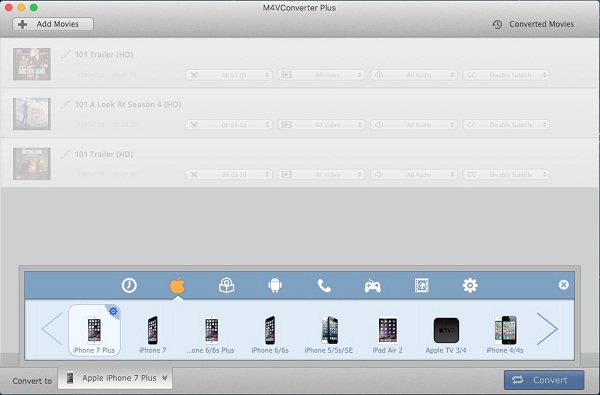









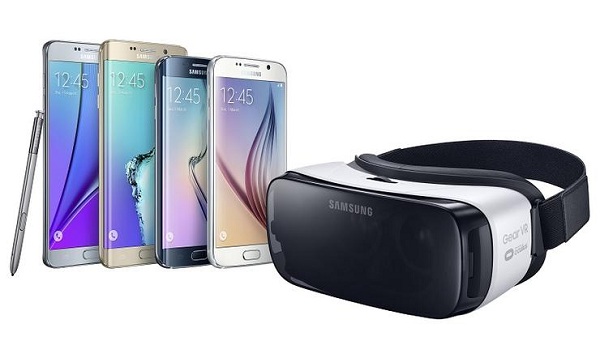





 The Spy Next Door
The Spy Next Door


